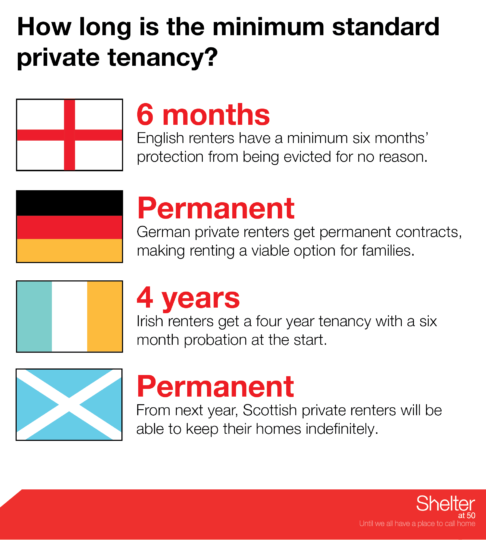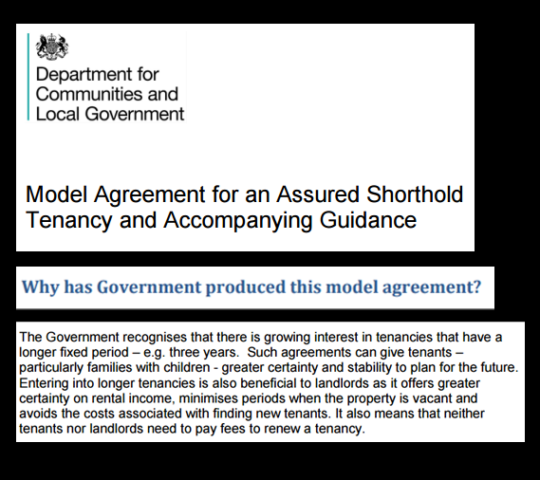Welcome to this Shelter podcast, presented by myself and John Bibby, taking a look at unstable private renting in England.
Why are renters nervous about bringing up kids in the private rented sector? Does it have to be this way? What can the government, and renters themselves, do to make private rented housing feel more like a home?
By speaking with renters and experts from other countries we look to answer all of these questions and see if England can learn anything from our closest neighbours…
We hear all the time from people trapped in private renting about the problem of having to constantly move flats and houses. Often every year. Sometimes more than once a year! We’re both renters ourselves, so we have some first-hand experience of how bad it can be.
It’s impossible to call a place home if you don’t feel settled, knowing that you’re going to have to move at short notice. And as we heard from Suzie from South West London this lack of stability is a big part of why many young private renters are putting off having children.
| “Stability: that’s what you want if you’re raising a family. You want stability. You want to know where you’re going to be for the next five years.”
Suzie, private renter |
Nevertheless an increasing number of families are bringing up kids in a private rented home. Today, 1.5 million families in England rent from a private landlord. And as the number of families renting privately increases, we’re concerned that constantly moving and being priced out of certain areas is taking its toll – especially on children.
For an increasing number of low income renters, the experience ends in homelessness. And the problem is spiraling out of control. Increasing rents, welfare reform and more competition for rented properties, means that losing a privately rented home is now the leading cause of homelessness in England.
 |
| Conviction: our own experience of nomadic renting has helped convince us that the law needs to be improved (John, pictured, has moved flats 8 times in 9 years). |
So we’re especially keen to explore renting in other European countries, to see how the situation in England can be improved. There are plenty of examples abroad of where renting is better: where it’s more affordable, and where you aren’t kicked out by your landlord at short notice. As we’ll find out, renting in England falls way short of most other European countries.
We urgently need the government to take note of how poor renting is in England, and how positive it is elsewhere. We need them to make the changes that renters deserve.
To start with, this means giving renters more security, so that they can stay in their accommodation longer – for example for 3-5 years.
 |
| English renters have much less ‘security of tenure’ than most of our near neighbours |
But it’s not all about waiting for the to change the law. Renters themselves should start to take matters into their own hands. One way renters can make renting more secure is to speak to their landlord about a model tenancy agreement that the (below). This allows renters to stay in their home for longer.
If the tenant is a good tenant – for example, they look after the property and always pay rent on time – then this can be massively beneficial for landlords too.
 |
| The government has developed a model tenancy agreement to encourage renters and landlords in England to voluntarily adopt longer tenancies |
If you’ve had a bad experience renting, why not speak to your MP and tell them about it. The more that MPs are made aware of how bad renting can be, the more likely it is that the government will address the issue.
At Shelter, we run campaigns all the time that look to raise awareness of poor renting. So get in touch by email, Facebook or Twitter and share your stories or photographs of renting.
And of course, if you’re worried about your current renting experience, or you’re at risk of homelessness, Shelter is here for you. Get advice through our website, or by calling our free helpline on – 0808 800 4444

Thanks for sharing informative post.